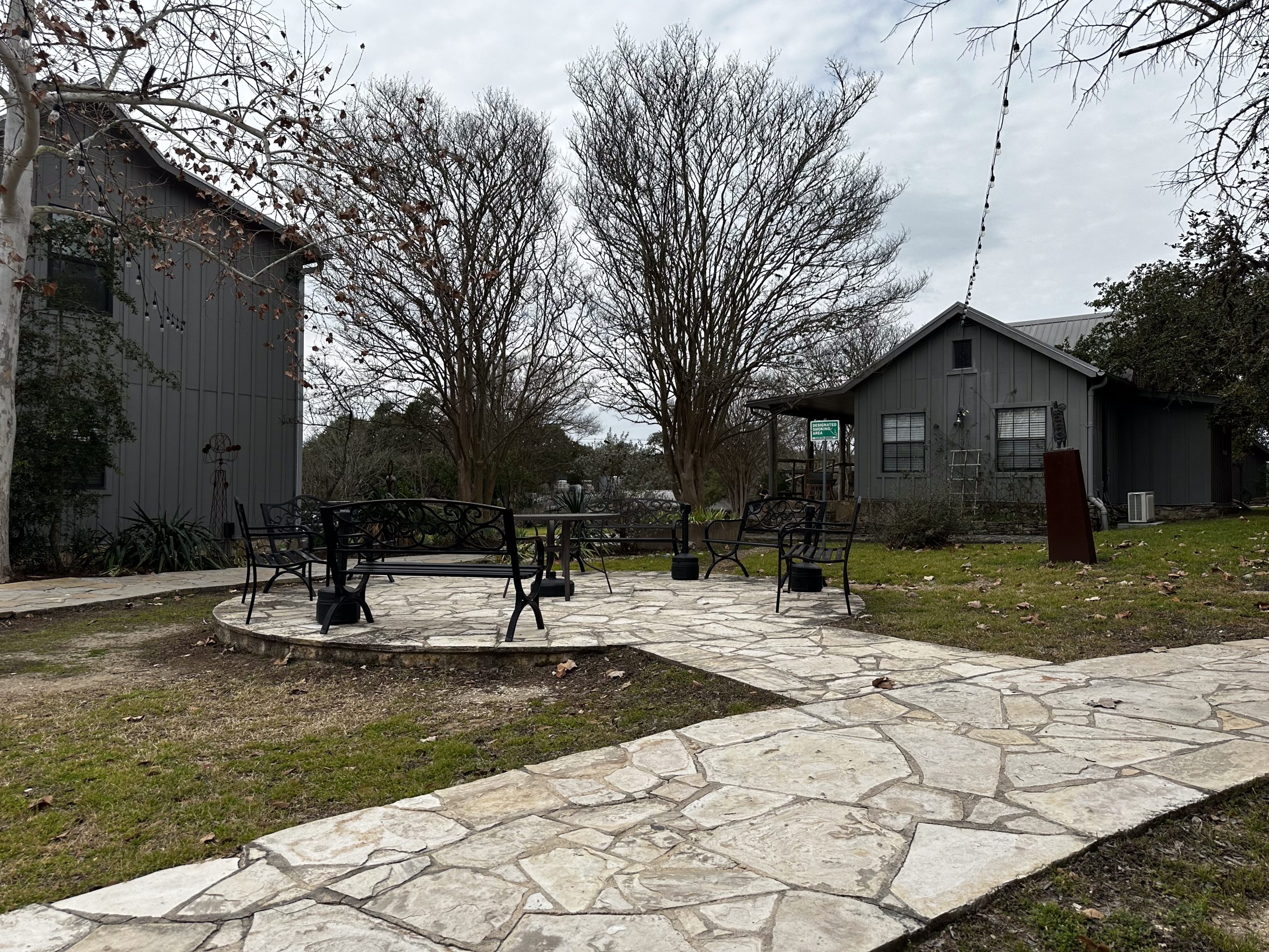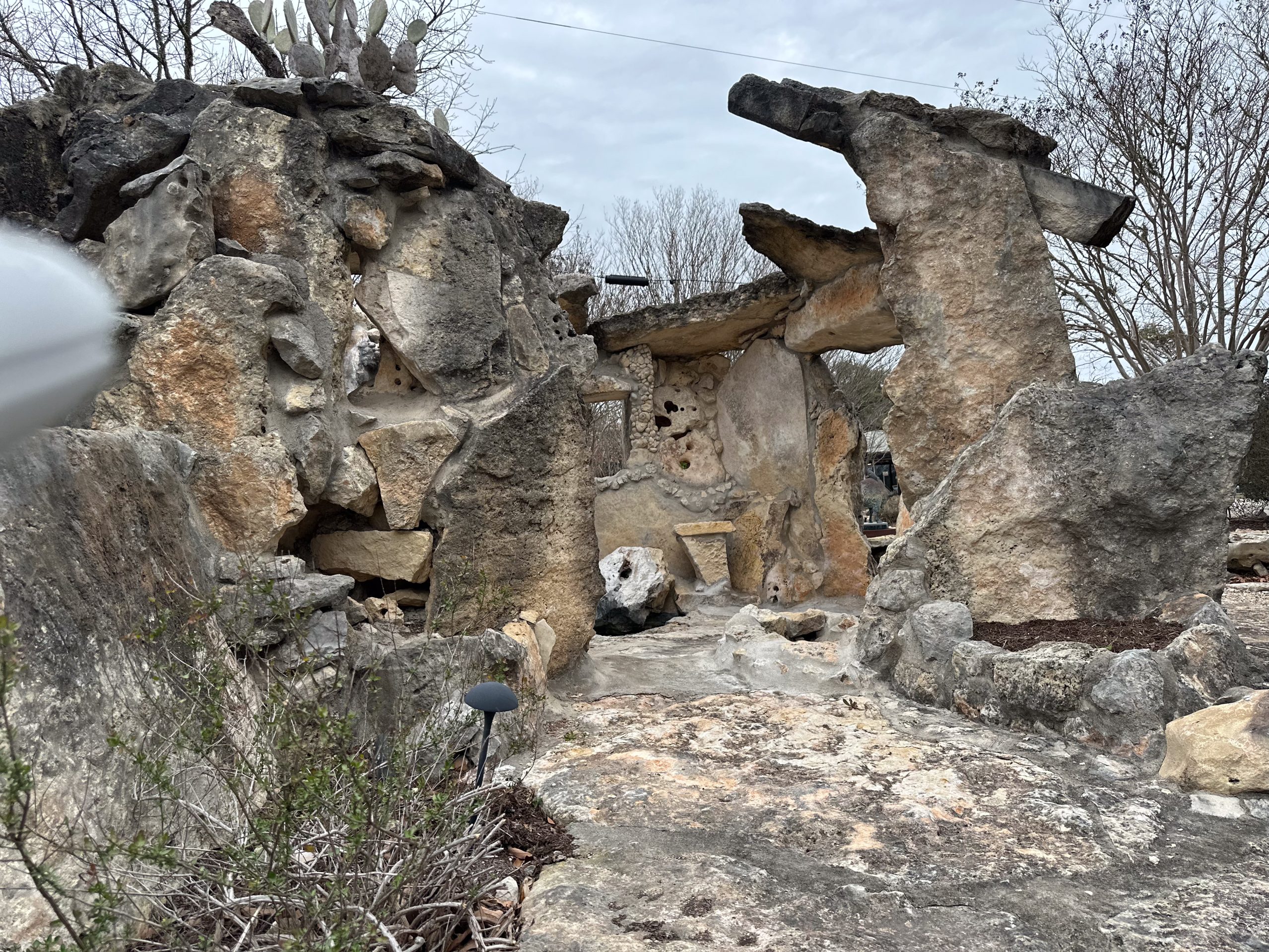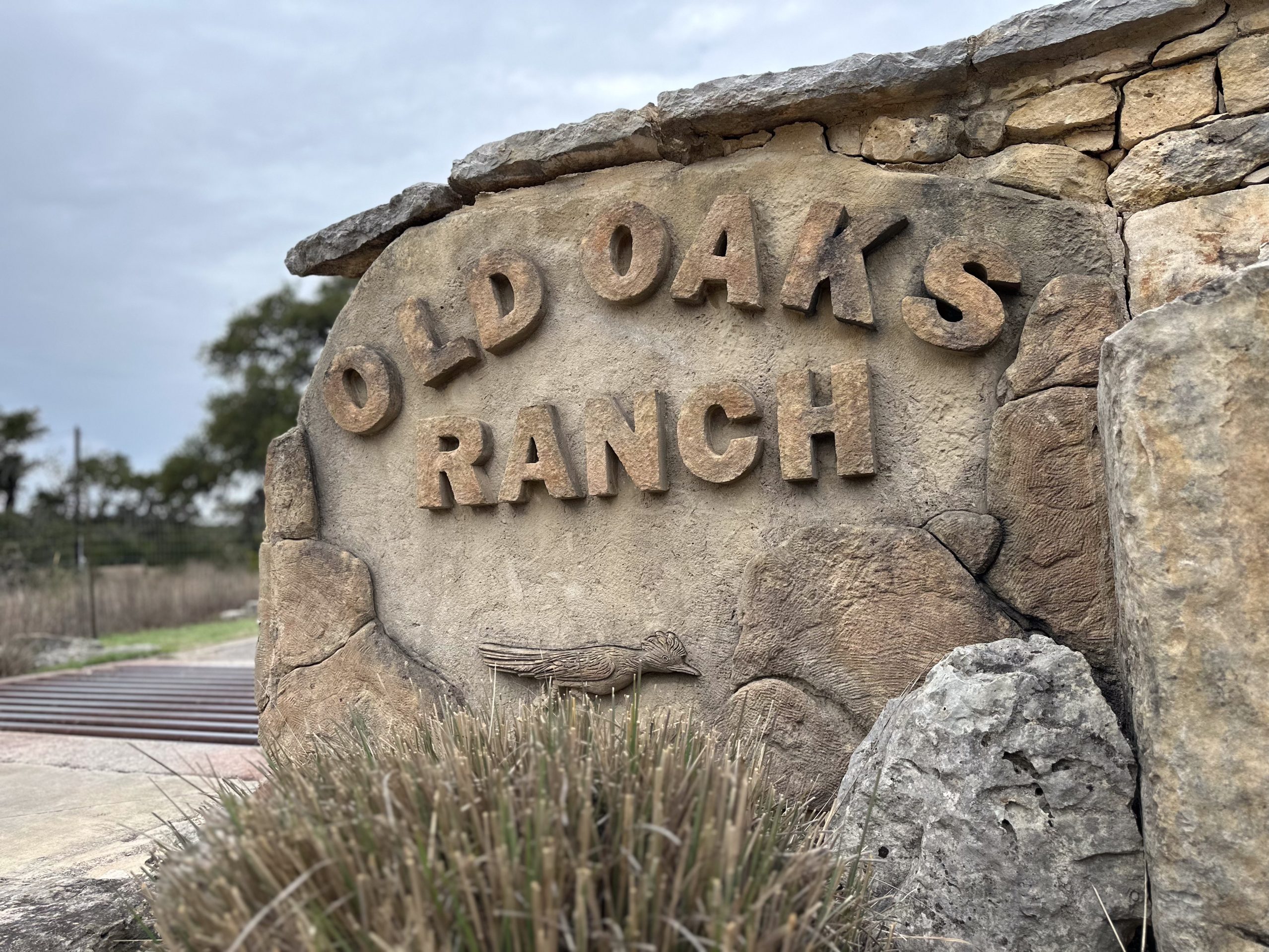Last Updated on October 14, 2025
How Grief and Substance Abuse Are Connected
At a Glance: How Grief and Substance Abuse Are Connected
- Grief can increase vulnerability to substance use. Unresolved grief and depression often lead people to self-medicate with alcohol or drugs, which ultimately intensifies negative emotions and can progress to addiction.
- Recognizable grief symptoms overlap with relapse risks. Common signs—like extreme sadness, anxiety, irritability, isolation, sleep disturbance, and somatic complaints—can compound recovery challenges if not addressed.
- Not everyone experiences grief the same way. The five stages (denial, anger, bargaining, depression, acceptance) aren’t linear; prolonged or complicated grief warrants timely professional help.
- Practical recovery safeguards help. Staying engaged in treatment/aftercare, asking for support, permitting yourself to grieve, and leaning on supportive relationships reduce relapse risk during bereavement.
- Integrated care is key. Addressing grief and addiction together through therapy and structured rehab improves coping and long-term outcomes.
Table of Contents










As the side effects of the unresolved grief and substance abuse worsen, the issues are compounded, creating significant psychological, spiritual, and physical turmoil. Without treatment and support, it is challenging to work through these complex issues and find hope.
If you or a loved one feels stuck in a cycle of grief and substance abuse, there is a way out. Learning more about how substance abuse and grief relate to each other may help you understand why professional treatment is often necessary to heal. Many people benefit from an outpatient drug rehab in Austin TX
that allows them to continue working or caring for family while getting help.
Freedom Starts Here. Take Back Your Life Today.
Same-Day Admissions in Austin Available.
What Are the Stages of Grief?
In her 1969 book, On Death and Dying, Dr. Elizabeth Kubler-Ross introduced a system for understanding the process of dying and grief. In it, she outlines the five stages of grief. Everyone deals with grief differently but if you believe a loved one is struggling, they may be suffering from symptoms like:
- Denial: Being unable to accept the loss of a loved one (or some other type of loss) is very natural. Our minds struggle to deal with the intense emotional turmoil so it’s just easier to deny that it’s happening.
- Anger: When you’re dealing with extreme grief, you might feel irrationally angry due to the hurtful situation. As a result, you might blame yourself or other people for it.
- Bargaining: In this phase of grief, you might try to make yourself believe you can avoid the suffering through a type of negotiation. Maybe you try to bargain with God or cycle through endless “what if” thoughts because you’re overwhelmed with the idea of trying to get your life back to the way it used to be.
- Depression: In this stage of grief, reality finally sets in and you might realize that there’s nothing you can do to change whatever situation you’re facing. As you fully experience the pain of the loss, you might feel depressed and deeply saddened.
- Acceptance: The final stage of grief is acceptance, which involves accepting the reality of the situation. At this point, you no longer try to avoid or fight the truth. You accept life how it is and begin to adjust to it.
Not everyone who experiences grief goes through each stage. Every situation and person is different. Some people may skip over specific steps entirely, while others may take years to get through just the first two. Regardless, if you suffer from profound grief for more than six months or have started using drugs or alcohol to cope with grief, you should seek professional help right away.
What Are Common Symptoms of Grief?
Everyone deals with grief differently but if you believe a loved one is struggling, they may be suffering from symptoms like:
- Extreme sadness/depression
- Anger
- Fatigue
- Anxiety
- Isolating from family and friends
- Increased irritability
- Numbness
- Insomnia or sleeping too much
- Digestive problems
- Fatigue
- Headaches
Grief and Substance Abuse: How Are They Related?
Unresolved grief and depression can make a person more vulnerable to substance use disorders. If someone cannot work through depression and sadness, they may try to self-medicate with alcohol or drugs. If you’re looking for safe, professional support, a trusted alcohol detox center in Austin can help you begin recovery with medical supervision. However, these addictive substances often intensify negative emotions, making it more challenging to process grief healthily.
In addition, substance abuse affects a person’s ability to maintain healthy relationships, employment, and other essential aspects of a healthy life. By producing adverse side effects and health problems, addiction compounds the difficulties a person may be facing and both issues fuel psychological and physical problems.
Research supports this connection between grief and addiction, with several different studies confirming the relationship between grief and hazardous alcohol consumption.4 Additionally, studies have also shown that people who suffer from a severe and prolonged form of grief, called complicated grief, are particularly vulnerable to substance use disorders.
If someone is dealing with addiction and grief, it’s crucial to address both issues right away. The longer a person deals with these issues the more difficult they will be to overcome.
How Does Grief Lead to Addiction?
In certain instances, grief can lead to substance abuse and addiction. Some of the most common ways this happens are:
- A person’s grief is unresolved: Unresolved grief can lead to complex and negative feelings that are uncomfortable. A person may attempt to numb them with alcohol or drugs. Although this might work for a little while, the drugs and alcohol will only worsen those feelings, and the person may become addicted.
- A person’s substance abuse intensifies negative feelings associated with grief: Drugs and alcohol can produce unpleasant and harmful side effects, including mood swings, depression, anxiety, guilt, and shame. Not to mention, chronic substance abuse can also cause physical health problems, contributing to negative feelings.
- A person doesn’t know how to cope with grief: When someone doesn’t know how to cope with grief in healthy ways, they may rely on drugs or alcohol instead. This type of consistent behavior can lead to a substance use disorder.
How to Deal With Grief in Recovery
If you’re recovering from drug and alcohol addiction, grief can also increase your risk for relapse. Therefore, if you’re struggling to cope with a loss in recovery, you should seek help and support.
You can also take the following intentional steps to safeguard your sobriety during this challenging time.
- Ask for help. If you’re having a hard time dealing with a loss, it’s a good idea to seek out support by asking for help. Sometimes, it’s difficult for friends and loved ones to see that you’re struggling. So don’t wait for the help to come to you. Take the first step and reach out to a trusted counselor, sponsor, friend, or family member.
- Continue your treatment or aftercare. When you’re dealing with heartbreaking loss, it can sometimes feel impossible to keep putting one foot in front of the other day after day. However, it’s more important than ever in times like these to continue attending your treatment sessions, going to therapy, and maintaining your regular recovery meeting attendance.
- Permit yourself to grieve. It’s okay to feel sad, depressed, angry, or exhausted due to your grief. In different phases of your grief, you’ll likely experience a wide variety of emotions, but what’s most important is allowing yourself to feel however you feel.
- Spend time with supportive family and friends. It’s important to remember that you’re not in this alone. Although you may feel lonely in your grief, you should lean on supportive family members and friends. They may provide comfort, encouragement, and hope when you need it most.
- Seek professional treatment. Although it’s easy to justify substance abuse when you’re struggling, don’t fall into that trap. Instead, if you’re struggling, ask for help. Whether you need to meet with your sponsor more often, see your therapist more frequently, or enroll in an aftercare program, seeking out professional care will help you prevent relapse and sustain your sobriety, even during difficult times of grief.
Treatment Options for People Struggling With Grief and Addiction
Loss is a normal part of life, but that doesn’t make it easier to carry the burden.
If you’ve developed an addiction to drugs or alcohol due to unresolved grief, it’s time to get help. Participating in therapeutic interventions during drug rehab can help you deal with your addiction and process your grief. That way, you can begin healing and learning healthier ways of coping.
Many people who suffer from addiction also carry burdens like extreme grief and loss. However, with the proper treatment and support, you can recover. Please call (888) 427-4932 or contact Nova Recovery Center online to learn more about our drug and alcohol rehab programs.
Frequently Asked Questions: Grief and Substance Abuse
Can grief lead to substance abuse?
Yes. Unresolved grief increases vulnerability to self‑medicating with alcohol or drugs, which can escalate into a substance use disorder without treatment.
Does drinking alcohol make grief worse?
Often yes. Alcohol may briefly numb pain, but it can delay or complicate the grieving process and intensify negative emotions over time.
What is complicated grief?
Complicated (prolonged) grief is a persistent, intense form of grief that lasts beyond typical cultural expectations and disrupts daily life; it’s linked with elevated substance misuse risk.
How does substance use affect the grieving process?
Substances can blunt emotions short‑term but interfere with healthy processing of loss, prolonging grief and compounding mental and physical health problems.
Can grief trigger relapse in recovery?
Yes. Bereavement can heighten triggers like isolation, sleep disruption, and depressed mood; structured support and relapse‑prevention planning are vital during grief.
How long does grief last?
There’s no fixed timeline. Many people see intensity lessen within months, but duration varies widely; seek help if grief remains overwhelming or worsens.
What are effective ways to cope with grief without using substances?
Evidence‑informed steps include leaning on supportive relationships, grief counseling, peer groups, sleep and routine stabilization, and gentle activity (e.g., walks, journaling).
What treatments help when grief and addiction occur together?
Integrated (dual‑diagnosis) care—combining addiction treatment with grief‑focused therapy—improves outcomes; programs may include CBT, group therapy, and medications when indicated.
What are the signs someone needs professional help for substance use?
Loss of control, using despite harm, withdrawal symptoms, and major life impact (work, school, relationships) are red flags; SUD is treatable with professional care.
How can families support someone grieving a substance‑related death?
Acknowledge stigma, validate complex emotions, and connect to specialized bereavement resources and peer groups experienced in overdose loss.
Are young adults at higher risk of substance use after a traumatic loss?
Some research shows bereaved young adults may use alcohol or drugs to cope after sudden loss, underscoring the need for early support.
Other Drug and Alcohol Rehab Locations
Medical Disclaimer
The information provided on this page is for educational purposes only and should not replace professional medical advice, diagnosis, or treatment. Substance use disorders and mental health conditions related to grief should always be addressed with the help of qualified healthcare professionals. If you or someone you know is struggling with addiction, emotional distress, or thoughts of self-harm, seek immediate medical attention or call 911 in the United States.
Nova Recovery Center Editorial Guidelines
By instituting a policy, we create a standardized approach to how we create, verify, and distribute all content and resources we produce. An editorial policy helps us ensure that any material our writing and clinical team create, both online and in print, meets or exceeds our standards of integrity and accuracy. Our goal is to demonstrate our commitment to education and patient support by creating valuable resources within our realm of expertise, verifying them for accuracy, and providing relevant, respectful, and insightful data to our clients and families.
- Substance Abuse and Mental Health Services Administration. (n.d.). Helplines. SAMHSA. Retrieved October 14, 2025, from https://www.samhsa.gov/find-help/helplines
- American Psychiatric Association. (2022). Prolonged grief disorder. APA. Retrieved October 14, 2025, from https://www.psychiatry.org/patients-families/prolonged-grief-disorder
- National Institute on Drug Abuse. (2024, September 30). Co-occurring disorders and health conditions. NIDA. Retrieved October 14, 2025, from https://nida.nih.gov/research-topics/co-occurring-disorders-health-conditions
- National Institute of Mental Health. (n.d.). Substance use and mental health: Finding help for co-occurring conditions. NIMH. Retrieved October 14, 2025, from https://www.nimh.nih.gov/health/topics/substance-use-and-mental-health
- Elisabeth Kübler-Ross Foundation. (n.d.). 5 stages of grief®. EKRF. Retrieved October 14, 2025, from https://www.ekrfoundation.org/5-stages-of-grief/5-stages-grief/


